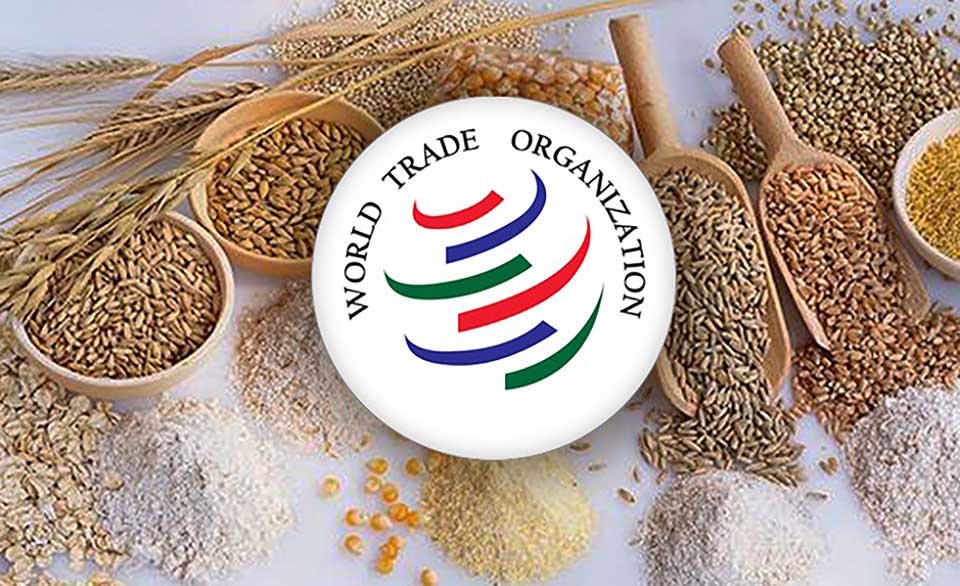
Thailand has joined 53 other countries in requesting that the World Trade Organization (WTO) address export bans on food and agricultural products, following concerns expressed by members about food shortages caused by the pandemic and the Russia-Ukraine war.
According to Auramon Supthaweethum, Director-General of the Trade Negotiations Department, numerous countries have imposed restrictions on food and agricultural product exports, affecting net food importers.
Thailand and 52 other countries have agreed to submit proposals to the World Trade Organization’s 12th Ministerial Conference (MC-12), scheduled for June 12-15 in Geneva, Switzerland. The group is requesting assistance from the WTO, which currently has 164 members, in resolving food export bans, particularly those affecting the United Nations World Food Program.
The MC-12 is scheduled to discuss trade and health issues impacted by the pandemic, including food scarcity, access to life-saving medicines and vaccines, and the elimination of fisheries subsidies that contribute to overcapacity and overfishing. The meeting will address agricultural subsidy restrictions and reductions, as well as resolutions on the agricultural export ban.
Meanwhile, Pimchanok Pitfield, Thailand’s ambassador and permanent representative to the World Trade Organization, stated that the group’s most recent report forecasts global economic growth of 3.1-3.7 percent in 2022, a 0.7-1.3 percentage point decline due to Russia’s invasion of Ukraine.
Russia and Ukraine, according to the WTO study, are significant players in certain sectors of production and export a diverse range of important commodities. The ongoing conflict has increased global market prices for agricultural and food commodities such as wheat, soybeans, rice, corn, barley, oats, meat, and even beer, all of which have impacted food security in poor countries that rely on imports from the two countries.
Russia and Ukraine export 45% and 25% of the world’s sunflower and wheat products, respectively. Given the countries’ combined market share for palladium, palladium and rhodium shortages could have a negative impact on the automotive and semiconductor industries. (NNT)
 |
 |
 |





